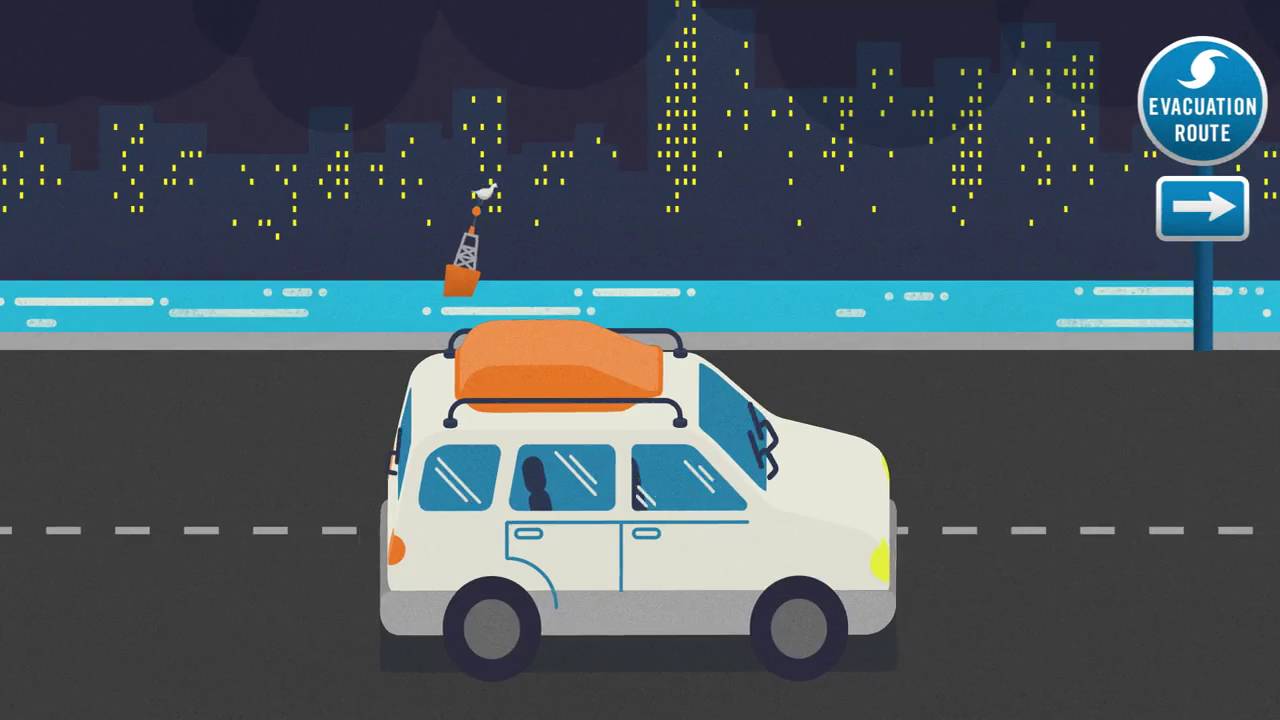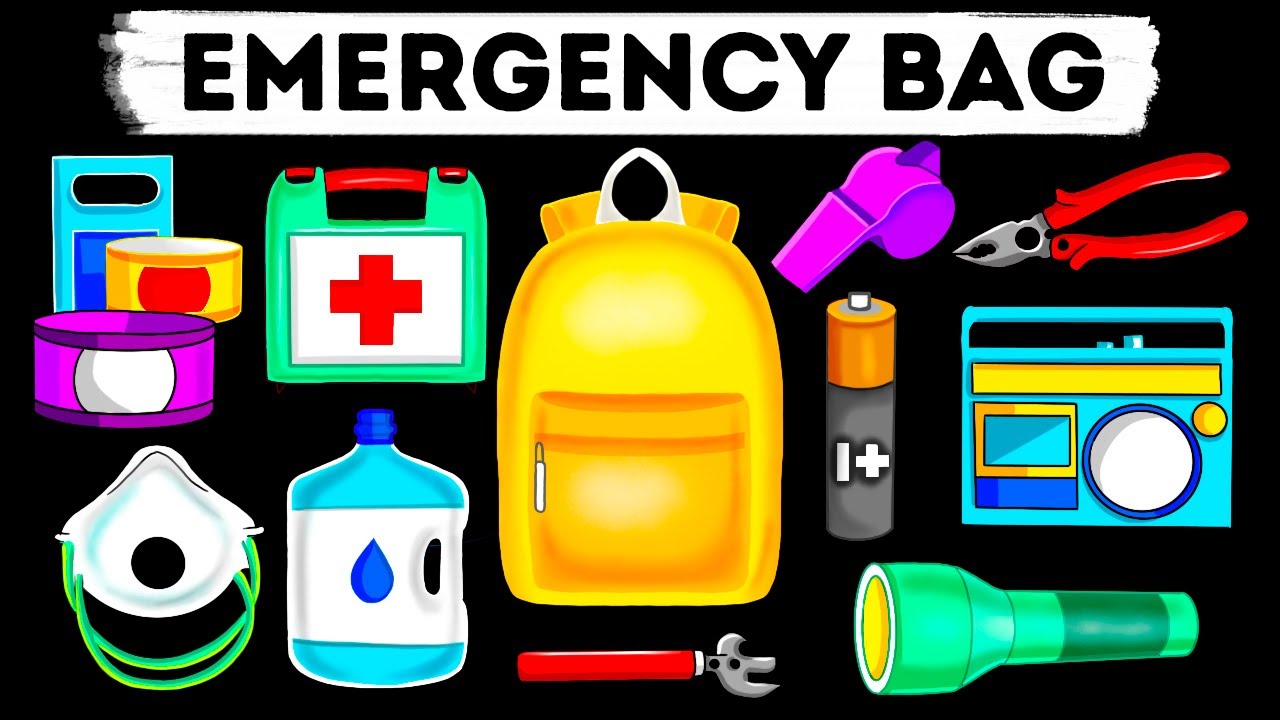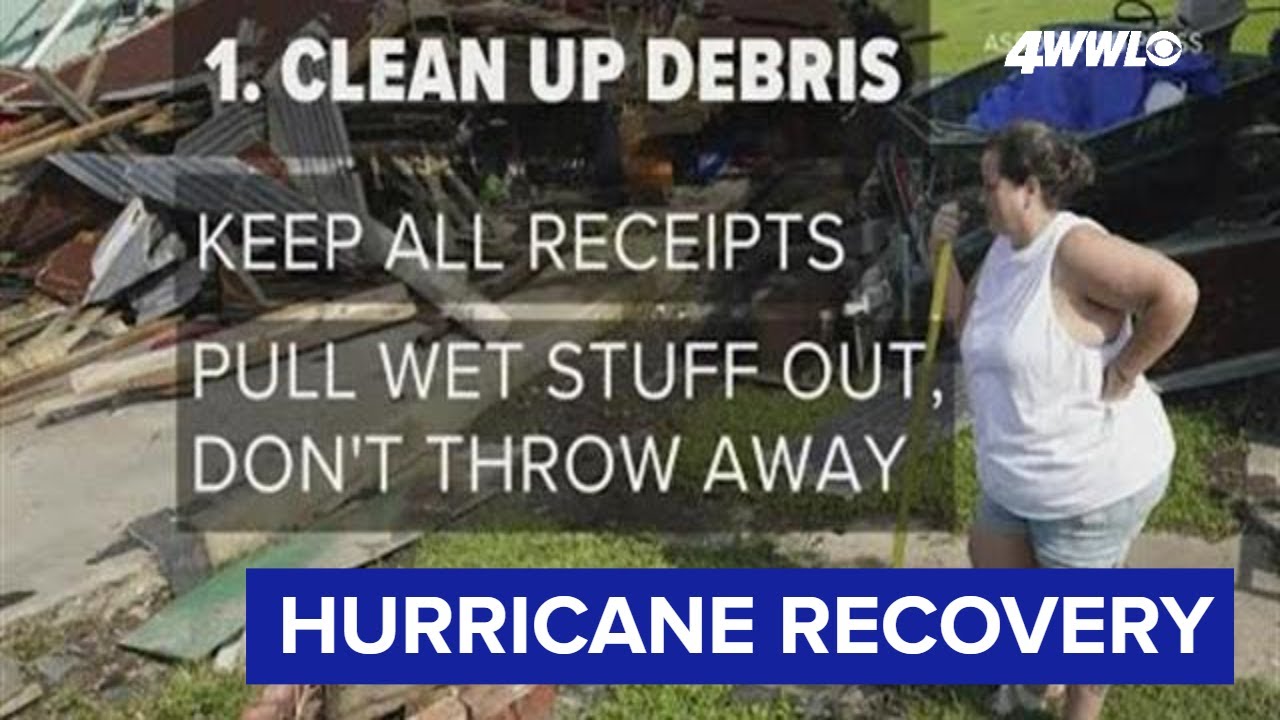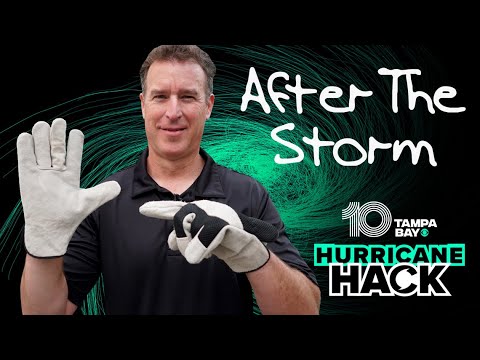NATURAL DISASTER-HURRICANE AND OR TROPICAL STORM
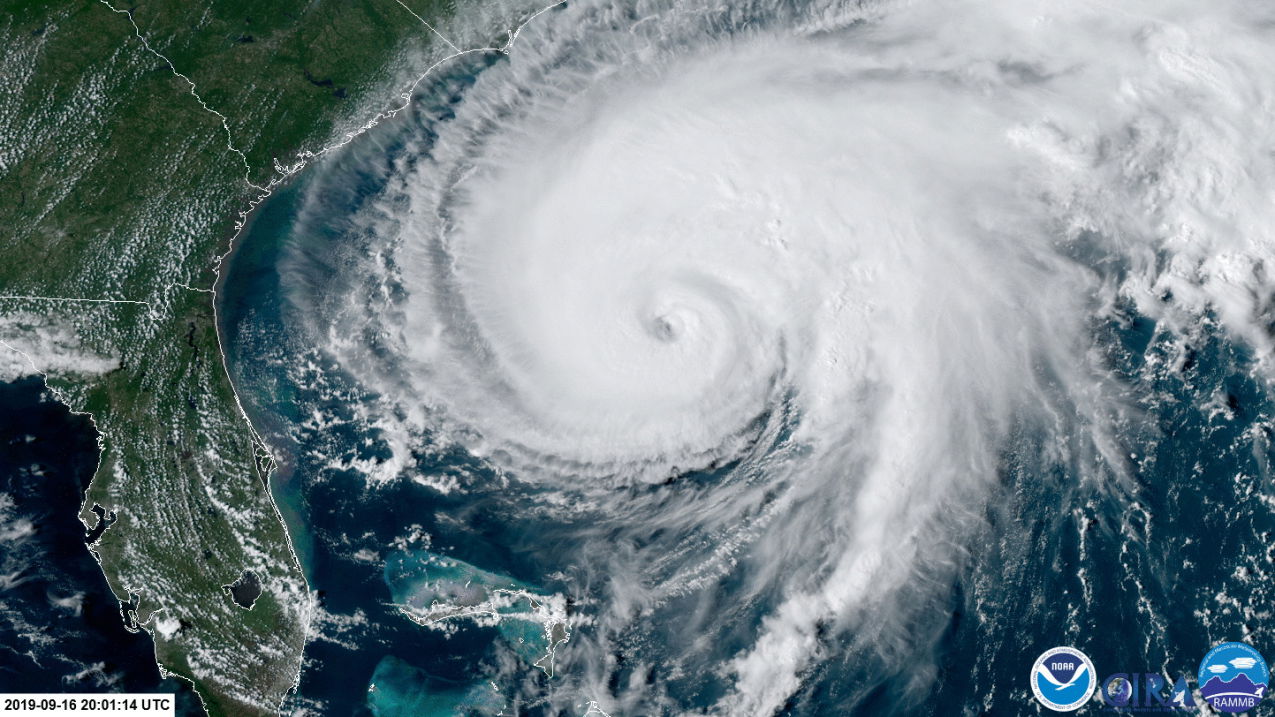
What is a Hurricane?
A hurricane is a warm core tropical storm in which maximum average surface wind is 118km/hr (74mph) miles per hour or greater.
What is the difference between a tropical disturbance, tropical depression, tropical storm and hurricane? We often hear reports about these atmospheric hazards, but what really differentiates one from the others?
Intensity is what is used to differentiate between a tropical disturbance, tropical depression, tropical storm and or a hurricane.
1. A Tropical Disturbance is a discrete weather system of apparently organized convection, originating in the tropics or subtropics and existing for a period of over 24 hours .disturbances are characteristically approximately 200-600 km in diameter.
2. A Tropical Depression is a tropical cyclone displaying a closed circulation pattern, in which the maximum sustained wind speed reaches up to but does not exceed 17m/s. 3. A Tropical Storm is also a tropical cyclone, but with faster winds speeds. Tropical cyclones are classified as tropical storms when the maximum sustained surface wind speed ranges between 17.5 m/s and 32.5 m/s.
4. A Hurricane occurs when a tropical cyclone reaches or exceeds maximum sustained wind speeds of 33 m/s. Hurricanes can be further classified using the Saffir-Simpson hurricane wind scale, which is a 1 -5 classification of the hurricanes intensity at the indicated time.
What is the difference between a hurricane watch and a hurricane warning?
The difference between a hurricane watch and a hurricane warning is the likelihood of occurrence.
1. A Hurricane Watch is issued when hurricane conditions (maximum sustained winds of 33m/s or higher) are possible within a specified area. A watch is typically issued 48 hours prior to the anticipated hazard onset.
2. A Hurricane Warning is issued when hurricane conditions are expected within a specified area. A warning is typically issued 36 hours prior to the anticipated hazard onset.
Hurricanes 101 | National Geographic
What are the effects of a hurricane or tropical storm?
Hurricanes can cause loss of life, catastrophic damage to property, severe economic losses, and injury to your physical and mental well-being. See the link for in depth look at the effects of hurricanes and tropical storms.
Things to do before a hurricane:-
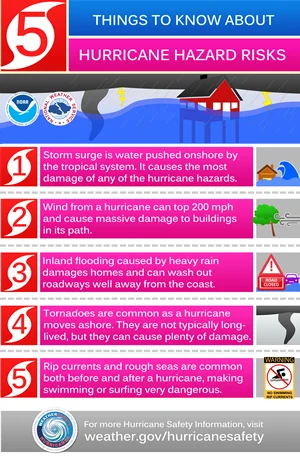
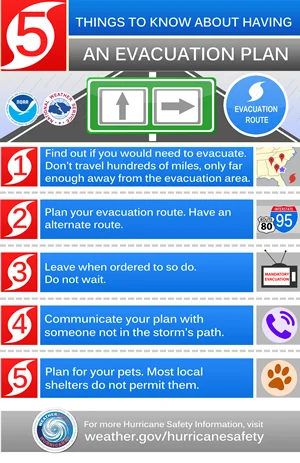
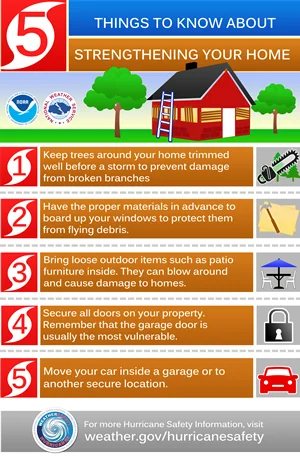
- Trim trees growing near electrical wires, telephone lines and close to your home.
- Secure windows and doors; if possible acquire hurricane straps for the roof. Protect windows with permanent storm shutters or pre-cut plywood.
- Secure items outside, such as lawn furniture and trash cans, that could be picked up by high winds and hurt someone.
- Anchor objects that would be unsafe to bring inside, such as gas grills and propane tanks etc.
- Clean drains and gutters and downspouts regularly.
- Avoid dumping garbage in rivers .
- Stockpile protective materials such as plastic sheeting and sandbags
- Ensure you have food and water to last for a 72 hour period.
- Prepare an emergency kit containing first aid items , battery operated radio, food and water for at least seven days , small tools such as plastic sheeting , gloves , flashlights or candles, glow sticks etc.
- Secure important documents such as medical documents, passports, birth certificates, marriages certificates, spare car keys and spare house keys, exam cards etc. These should be stored ideally in a water proof bag at a safe location.
- Identify an alternative location for temporary stay in the event that evacuation is necessary, such as a family member or close friend. If no such place is found, then the nearest possible shelter location should be identified.
- Secure household items which may fall and break causing damage such as glass items and other sharp or heavy objects.
- Check and secure all hangings and art that are on walls
- Power Up-Fill your car’s gas tank, charge your cell phone, batteries, test your generator and have plenty of fuel ready in case of power outages
- Move your car to a safe place and ensure it is not parked under trees, power lines or in low-lying areas.
- Unplug appliances and move appliances and household fixtures away from exterior doors and window openings. Store them in cabinets or interior closets.
Visit this site for a more detailed plan of action https://www.redcross.org/get-help/how-to-prepare-for-emergencies/types-of-emergencies/hurricane.html
Hurricane Preparedness: Your Essential Guide to Weathering the Season
Hurricane Safety Tips: Tips On Being Prepared For A Hurricane
What to do during a Hurricane or a Tropical Storm:-
- Use a portable radio to listen to important storm updates, information and instructions.
- Stay inside and keep away from all windows, skylights and glass doors. Go to a safe area, such as an interior room, closet or downstairs bathroom.
- Never go outside the protection of your home or shelter before there is confirmation that the storm has passed the area. The eye of the storm could create a temporary and deceptive lull, with high winds still approaching.
- If power is lost, keep the refrigerator closed to keep cold air trapped and delay spoilage of perishable food.
- If you use a portable generator, follow all the manufacturer’s instructions. Generators should be properly grounded to prevent electrical shock and should never be operated indoors, in garages, basements or outdoors near any windows, doors or vents. Because generators produce carbon monoxide (CO), make sure you have a working CO detector in your home.
- Remain calm
- Stay indoors away from windows
- Keep updated on the situation via radio/television/ internet what to do after the hurricane · ensure all members of your party (family) are accounted for; if someone is missing immediately contact the relevant authorities.
- Boil water unless you are told it’s safe.
- Stay clear of downed electricity lines, report to the relevant authorities ·
- Avoid /limit contact with flood waters ·
- Lend assistance to injured or special population such as children, elderly or differently able.
All You Have to Do to Stay Safe in a Hurricane
What to do after a hurricane or Tropical Storm:-
After it is confirmed by authorities that the storm or hurricane has passed and it is safe to go outdoors, you can begin to assess any potential damage to your home and property. Follow these tips after the storm or hurricane is over:
- If you were evacuated, return home only after authorities advise it is safe to do so.
- Avoid downed power lines. Never touch anything in contact with power lines, including water or water puddles that may be near the downed power lines.
- Protect your property from further damage by boarding up broken windows to help deter vandalism or additional weather damage. Arrange for reasonable temporary repairs.
- Be wary of any gas lines that may have been damaged or broken during the storm. If a gas leak is suspected, stay out of the property until the utility company deems it safe.
- Do not drink or prepare food with tap water until notified.
- Be cautious of hazards that are a product of the storm, such as water due to flooding, sharp or broken objects, damaged tree limbs or other structures that may have been damaged by high winds or water.
- Stay out of flood waters.
- Assist neighbours with clean up efforts.
- Keep accurate records of your expenses and save bills and receipts from your temporary repairs. (Avoid making permanent repairs until your Claim professional has reviewed the damage.) Keep accurate records of any other expenses incurred.
- Separate and inventory any damaged personal property. Create a list of any damaged contents, including a description of the item, name of the manufacturer, brand name and age, as well as the place and date of purchase, if known. Include photographs, videotapes or personal property inventories you may already have available.
What to do after a hurricane?
Cleaning up after a hurricane: What to have on hand


